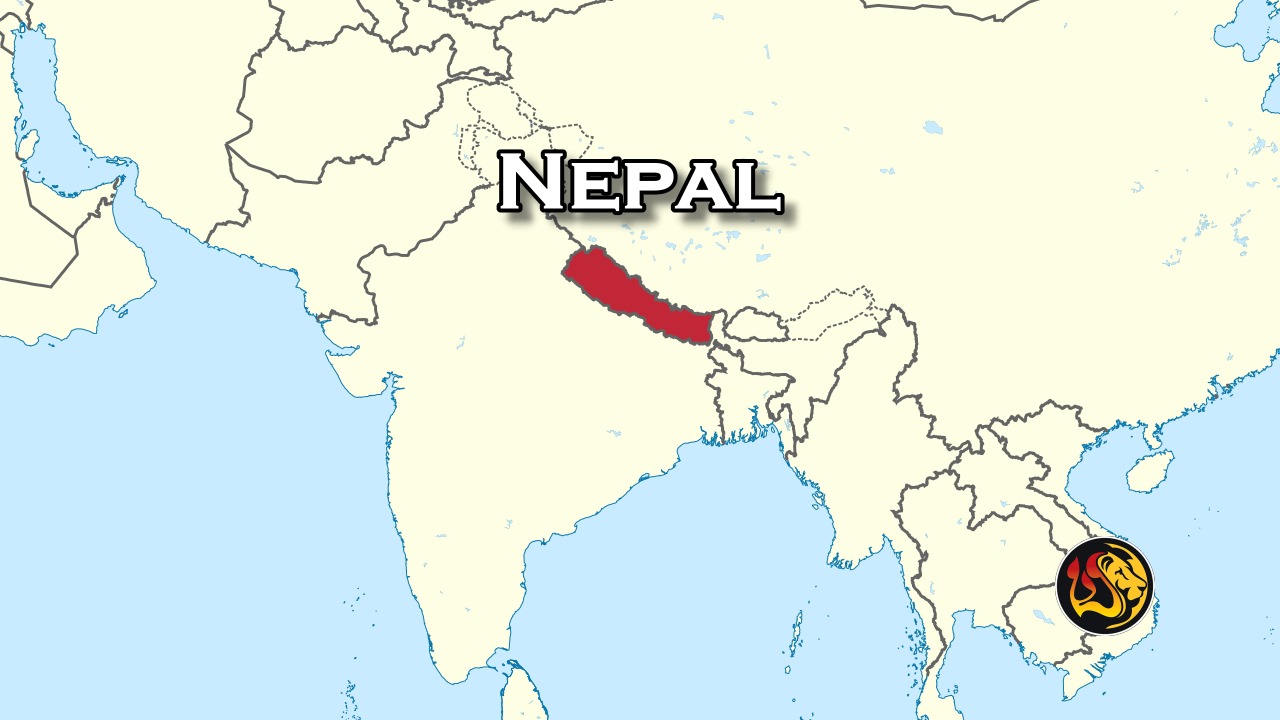by Karen Faulkner, Worthy News Correspondent
(Worthy News) - A pastor in Nepal is seeking to be given a fine instead of the one-year prison sentence he has received for proselytizing, despite being ordered by the Nepalese Supreme Court to begin his jail sentence pending appeal, Morning Star News (MSN) reports.
The persecution level for Christians in Nepal has been classified as “very high” by the Open Doors Christian advocacy organization. “Though Nepal is no longer an official Hindu state, most Christian persecution in Nepal comes from radical Hindu groups who want the country to return to Hinduism,” Open Doors explains on its website. “Many of the Christians in Nepal are converts from Hinduism, and these converts experience significant pressure from their families and communities.”
Pastor Keshab Raj Acharya who leads Abundant Harvest Church in Pokhara, Gandaki province, was arrested in November 2021 and charged with “outraging religious feelings” and “proselytizing” in violation of Section 158 (1) of the Nepal Criminal Code, which prohibits converting anyone from one religion to another, and Section 158 (2), which prohibits undermining one’s religion with the intention of converting another person. Keshab was convicted and sentenced to one year in prison by the Jumla High Court on July 13, 2022, MSN reports.
Assisted by Alliance Defending Freedom International, Keshab appealed the high court ruling to the Supreme Court, which refused to hear the case but, on Jan. 23 this year, ordered him to begin his sentence. He is currently in a limbo situation, having been told he cannot appeal his case but is also hoping to have his sentence reduced to a fine.
“The fact is that the police can come any time and arrest me,” Pastor Acharya told MSN. “But till they do, I am here, serving the Lord.”
In a statement, Tehmina Arora, Asia director for ADF International, said: “In upholding Pastor Keshab’s prison sentence, the Supreme Court of Nepal has not only violated his basic human rights to religious freedom, but also missed out on a crucial opportunity to set a positive precedent allowing others to engage in prayer and evangelism without fear of punishment.”

